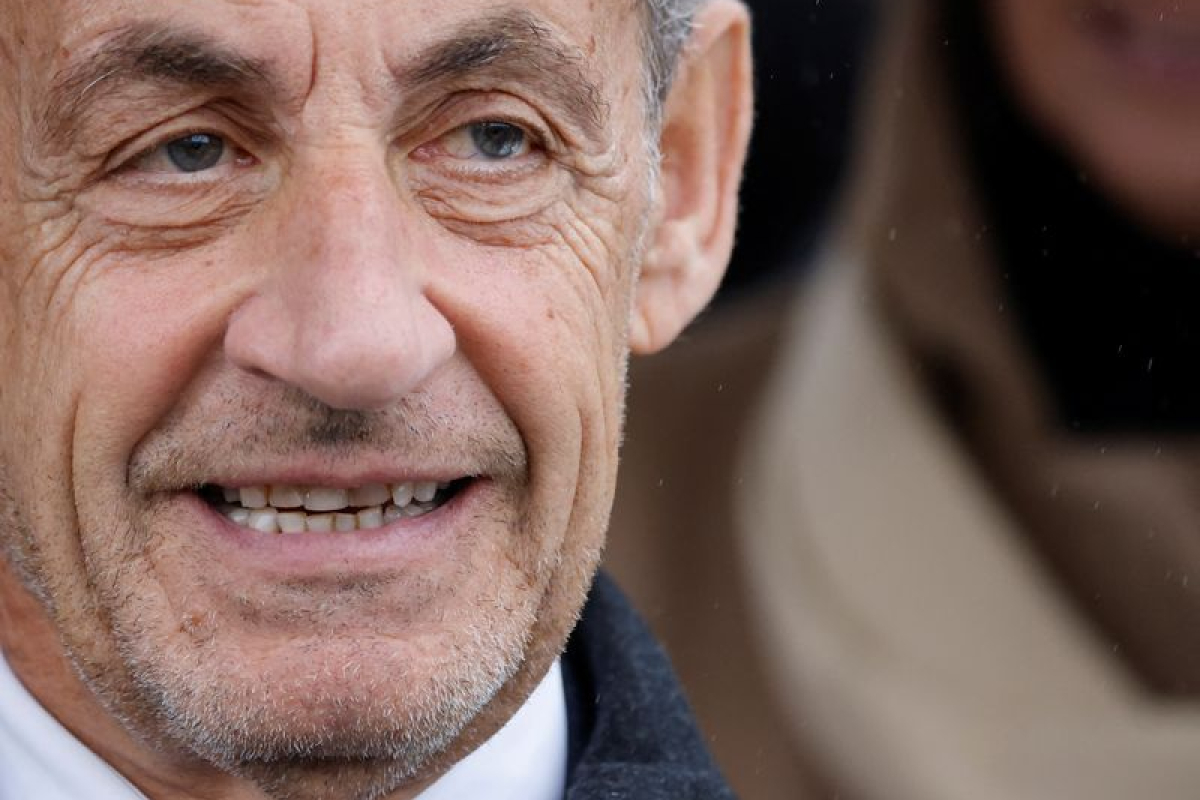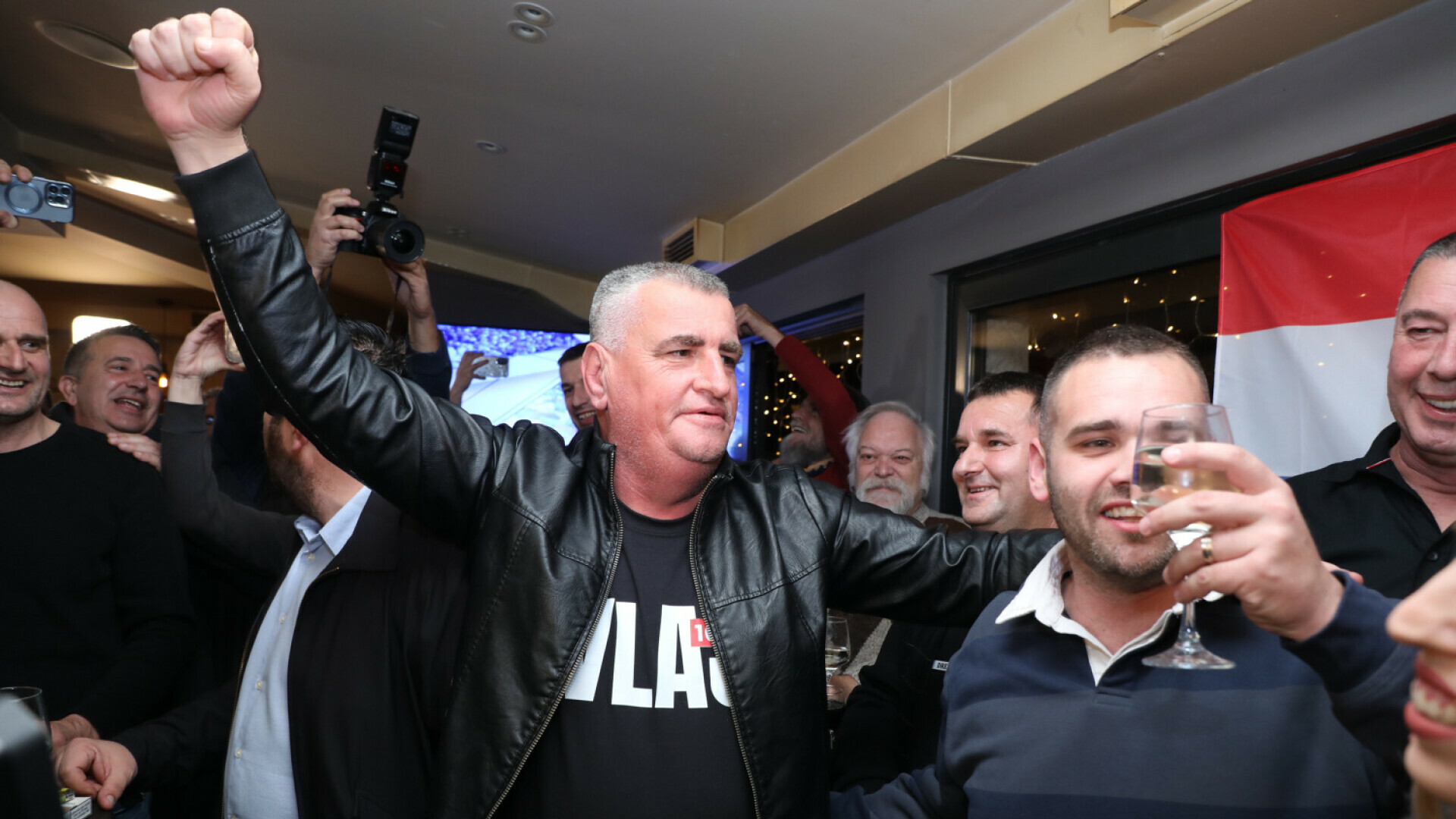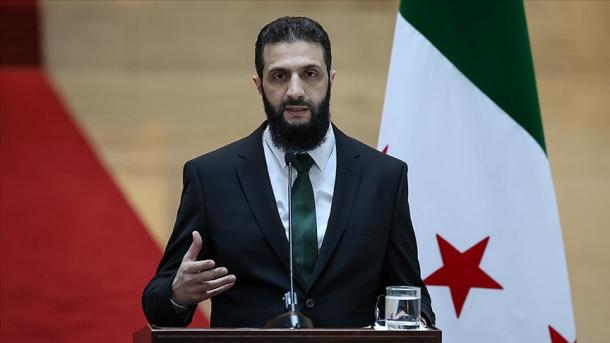Sarkozy's Legal Battle: From Presidency to Prison
Former French President Nicolas Sarkozy faces a definitive prison sentence following a corruption and influence peddling conviction, marking a dramatic chapter in the nation's political history.
Published December 19, 2024 - 00:12am

Image recovered from boursorama.com
In a saga entwined with the labyrinthine corridors of power and justice, former French President Nicolas Sarkozy's legal challenges have culminated in a definitive prison sentence. On Wednesday, France's apex legal body, the Court of Cassation, dismissed appeals against his conviction, thus sealing his fate. This makes Sarkozy the first former president of the Fifth Republic to face incarceration, albeit under house arrest with an electronic monitoring bracelet—a precipitous fall for a man who once wielded considerable influence from the Élysée Palace.
The case, popularly known as the 'Bismuth case,' sprung from covert operations meant to unearth illicit funding for Sarkozy's 2007 presidential campaign. Investigators, while tapping into conversations, discovered attempts by Sarkozy to leverage influence over Judge Gilbert Azibert. The former president, alongside his lawyer Thierry Herzog, allegedly offered Azibert a prestigious position in Monaco in exchange for confidential insights into the ongoing investigation. These revelations painted a damning picture of political manipulation and judicial improprieties.
This conviction was initially handed down by the Paris Correctional Court in 2021. However, Sarkozy's incriminations did not end here. From influence peddling to more severe allegations, including suspicions of campaign financing facilitated by Libya, Sarkozy's legal tribulations are far from concluded. Public discourse remains divisive, with staunch defenders citing this as a retaliation against their political leader, while critics argue it represents accountability in politics.
The ruling stands as a philosophical and procedural landmark within the French judicial system. It underscores the growing momentum against political corruption, intending to characterize a judiciary untethered from political coercion. With other legal predicaments on the horizon, Sarkozy's situation foregrounds discussions on ethics, governance, and the moral responsibilities of public officials.
As Nicolas Sarkozy prepares to don an electronic tag, he vows to appeal to the European Court of Human Rights, confident in the principled stance of his defense. Nevertheless, since domestic legal avenues are exhausted, the start of his sentence is imminent, clouding his political prospects and raising speculations over the impact on his political party, Les Républicains.
In a more comprehensive analysis, this legal denouement poses questions pertaining to the support system surrounding top political figures and the extents of their executive protection. The fabric of French political ideology is marred by this precedent, invoking the need for reforms and reinvigorating dialogues over constitutional justice.
This legal confrontation reverberates across different strata, economic, social, and political, manifesting as a cautionary tale about the persistence of justice. However, the surrounding socio-political conditions cannot be ignored, stoked by a shaky economic climate and popular disillusionment with political governance. As France, one of the pillars of European Union politics, navigates this monumental phase, the ramifications stretch beyond its borders, questioning similar structures globally on their treatises with esteemed officeholders.
The reverie of Nicolas Sarkozy's reign dimly lingers over the political landscape, no longer as a symbol of progress, but a caution against overstepping jurisprudential bounds. The precedent now serves as both a resolution and a warning, ensconcing laws that espouse integrity and deterrence against unbridled political exercises.
Meanwhile, Sarkozy's loyal base hails him as an unjustly persecuted figure, perhaps anticipating his return to the political stage. However, for now, the veering eyes are upon the unfolding dramas of verdicts and a possible legacy overhaul. While the era of Sarkozy's presidency may have ended, the echoes of his contentious engagements continue to reverberate through France's justice system.







